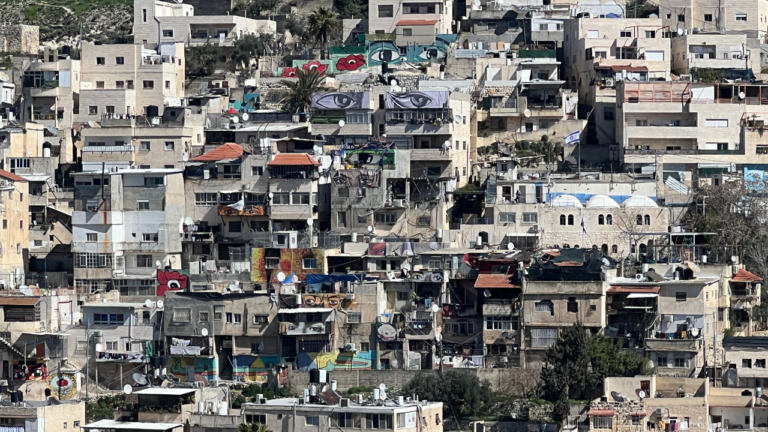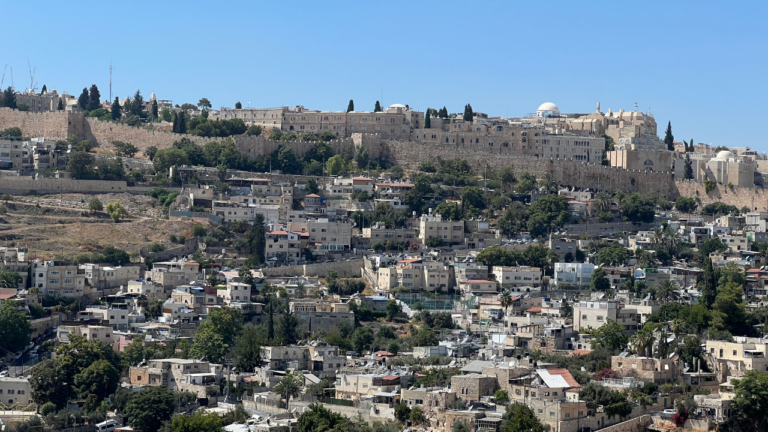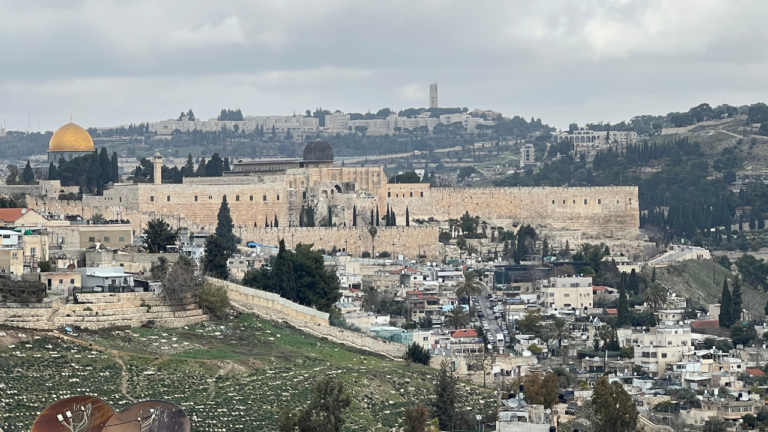Har Sinai, Jerusalem and the Sanctity of the Jewish People
Our parsha discusses the momentous events of God giving the Jewish people the Torah at Har Sinai. As one would expect, when God appeared on the mountain, the space becomes imbued with sanctity. The Torah elaborates in great detail the extent of the preparations and precautions that the Jewish people took to properly relate to this sanctity. The people must stand behind a border around the mountain, but not touch it: “Whoever touches the mountain shall be put to death.” Only Moshe, Aharon, Nadav and Avihu and the elders were allowed to ascend the mountain, each person according to their stature.
Interestingly, though, despite this intense sanctity, the mountain soon reverted back to being an ordinary mountain, as the Torah itself states at the outset: “When the ram’s horn sounds a long blast, they may go up on the mountain.” What is the meaning of this? Why would the sanctity dissipate?
The Meshech Chochma has a fascinating understanding of these verses. He argues that a careful read of the relevant verses indicates that source of the mountain’s sanctity was not the mountain itself – rather it was the fact that the Jewish people surrounded the mountain and put it in their midst. The real lasting innovation of Har Sinai is that the Jewish people became eternally sanctified when God descended and gave them the Torah – they collectively have the ability to sanctify items and places. As the Talmud states about Har Sinai: “A person gives honor to a place, but a place does not give honor to a person.” Therefore, when the Jewish people moved onwards in their journey, the mountain that was now disconnected from the Jewish people, lost its sanctity.
The transient sanctity of Har Sinai is often contrasted with the eternal sanctity of YErushalayim. Perhaps we can use the idea of the Meshech Chochma to appreciate one angle on the difference between these two places. According to the Meshech Chochma that it is the Jewish people who bring God into a place and imbue it with sanctity, part of the sanctity of Yerushalayim seems to be due to the fact that the Jewish people were living and worshipping in the city. One might have thought, then, that once the Jewish people lost sovereignty over Yerushalayim and were exiled from the city, that the sanctity should leave, the same way that Har Sinai became a mundane mountain.
Here, however, lies the difference. After the Jewish people left Har Sinai, they no longer felt a connection to it. The memory of what occurred there is important, but the physical mountain does not loom large in the people’s imagination or longing. Therefore, the sanctity left the mountain together with the Jewish people.
The situation with Yerushalayim, though, could not be more different. Even after we were forced to leave Yerushalayim, it still remained our capital city. We longed to return to the city and did so whenever possible. Even mystically, the kabbalistic sources assert that “Yerushalayim” can refer to “the collective Jewish people.” Since the Jewish people’s identity are intertwined with the city, it remains God’s home forever.



